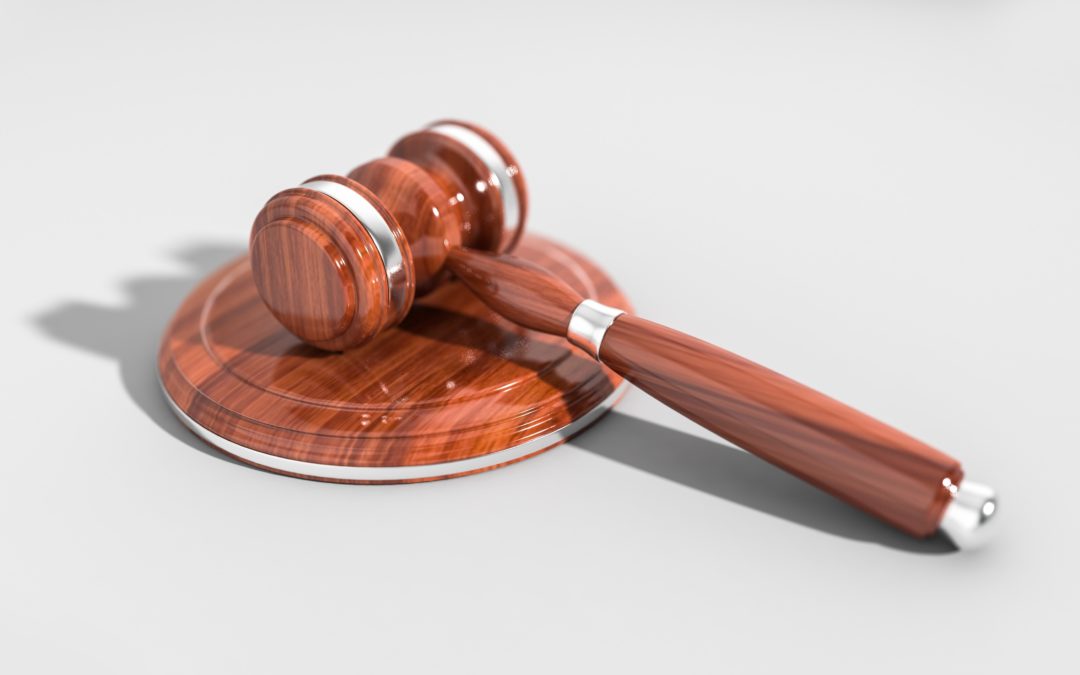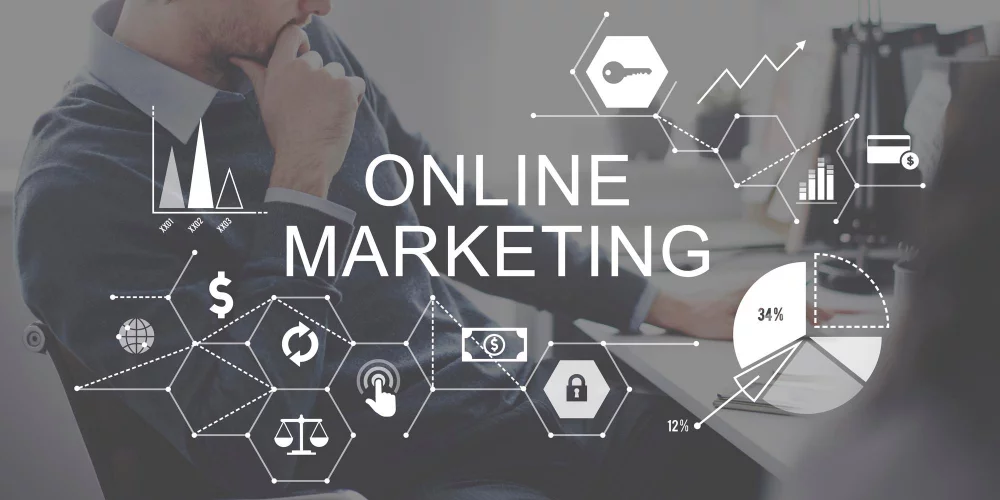The digital age has rapidly shaped how we communicate and function as humans, whether it be with the iPhone, a digital medical device or a virtual gathering site such as Facebook. Most of these advancements have been positive, however, it has also brought an ominous shadow behind us. eDiscovery is now a very essential tool in civil and criminal cases across the country, so it is important to understand how eDiscovery and digital privacy communicates. For a detailed explanation about eDiscovery and its process, click here.

eDiscovery is unique as it joins the judicial world with the technological one. In 2018, governments globally are trying to compete with the evolution of the digital world and define individual privacy. In the United States, there is no overarching law regarding personal data, but the right to privacy is a common law that is incorporated elsewhere and bound through several pieces of legislation. To name a few:
- Gramm-Leach-Bliley Act (GLBA)
- Right to Financial Privacy Act (RFPA)
- Health Insurance Portability and Accountability Act (HIPAA)
- Health Information Technology for Economic & Clinical Health (HITECH) Act
- Children’s Online Protection Act (COPA)
- State Breach Notification Laws
- State Data Transfer Laws
These legislatures are in place to protect the privacy of individuals on a basic level and in their everyday lives. However, when a court case arises that requires digital evidence there are compliance regulations for these. Both eDiscovery and digital privacy can be perplexing, so it can get rather gray on how these procedures comply with eDiscovery.
This can be a very complex topic to cover and grasp, so we recommend talking to an eDiscovery specialist and/or a lawyer if you would like details on the constitutional aspects of your case. sprunki horror Endless Fun Awaits!



